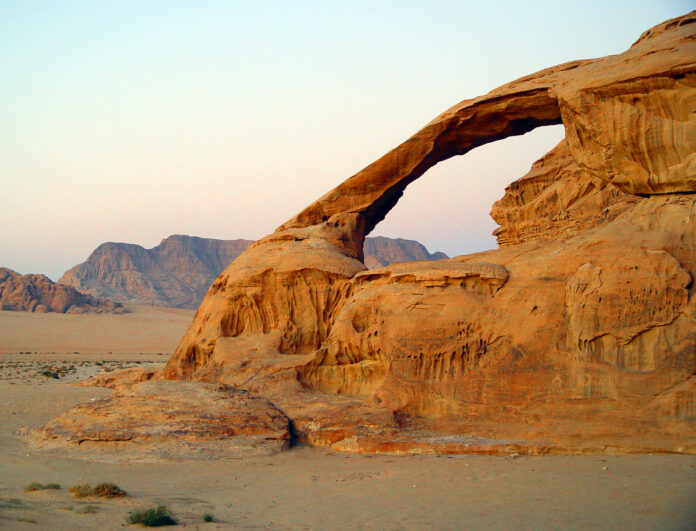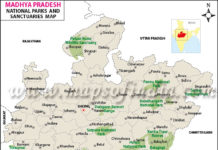Weathering (Definition):- A local process in which gradation and split of rocks occur at their original place.
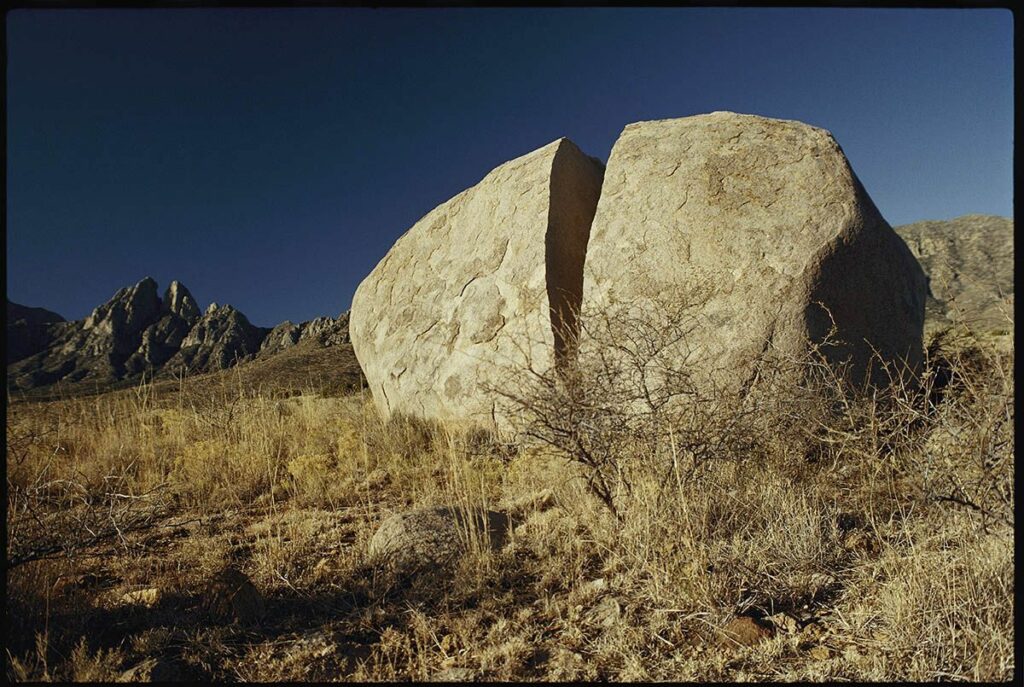
Meaning:-It is a kind of process in which the rocks break at its own original place. Consequently; weather and season affect the split of rocks. Therefore temperature, rain, hail, fog and snowfall are the main factors of the season. So these forces also called season weathering forces. As soon as the rocks come into contact with the weather their weathering starts. Each rock has some sort of minerals in it and it helps in chemical reaction.
Block Breaking:
Breaking of rocks takes place due to change in temperature and pressure of hails. Therefore, the rocks break and their debris get collected at the same place due to gravitational force. So rocks expand in the day temperature and shrink suddenly at night time due to fall in temperature which results in cracks or rifts. However it slowly disintegrates the rocks. Therefore the weathering of rocks is a mechanical process. However, in the erosion process the rocks undergo chemical changes. Because, molecules of minerals are so interwoven in rocks that at first their existence is not visible but when it rains some of the minerals dilute and flow. So some of the minerals change in form.
Therefore, in this way; weathering and erosion process of nature continues simultaneously at its own place. The entire process is weathering. In this process seasons also plays its role therefore it also called season weathering.
Types of Weathering:
They are of 3 types:-
- Physical
- Chemical
- Biological
1. Physical Weathering:-
The disintegration of rocks into tiny pieces by mechanical process is called physical weathering. So when temperature increases; the rocks expands and when temperature falls sharply the rocks contract. This alternate expansion and contraction of rocks leads to tension and creates a series of cracks or joints in the rocks splitting them into blocks. This known as block integration. Consequently the expansion and contraction is more in the outer layer than in the inner ones. Therefore the outer layer are thus peeled off from the main mass of the rocks in the form of concentric shell.
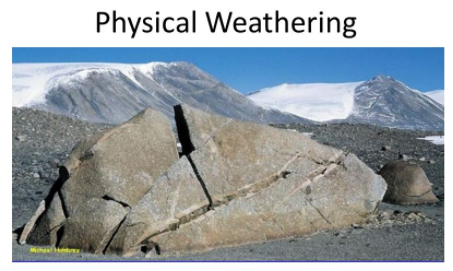
Moreover in most cold regions the hole of rocks filled up with water gets frozen when temperature falls. When it freezes, the diameter of rocks increase and holes get more wide and at last break up.
2. Chemical Weathering:–
Due to chemical changes, lime, gypsum, sulphur, salt rocks merge into water or disintegrate, melt or get rusted. Thus the rocks lose its originality and either gets dissolved with water or become powder and give birth to new materials. So This is chemical weathering. Therefore the moisture and and rain play a vital role in it.
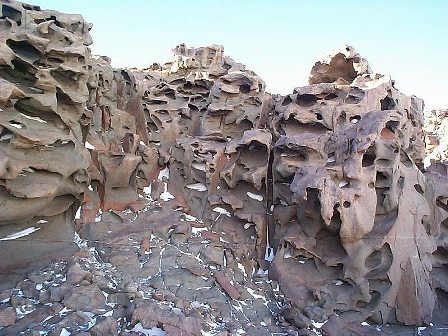
3. Biological Weathering:–
The biological weathering occurs due to the activities of vegetations, animals and human beings. The roots of trees enter into the cracks of rocks and split them wide and break up. Burrowing animals like rat, termite, earthworm, and other creature also contribute to this process of breaking and peeling. So the human beings break up rocks for farming, house building, road making. This process known as biological weathering.
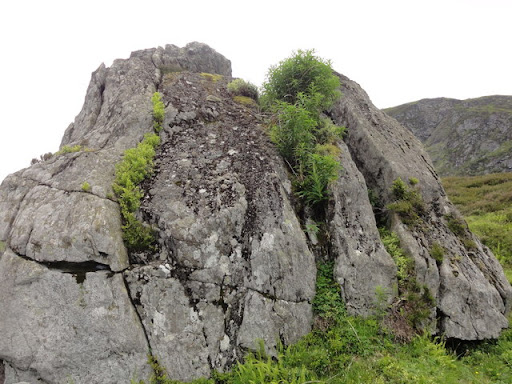
Conclusion:-(In important point of view)
Apart from splitting of rocks, weathering plays an important role in soil formation because the small rock particles make up the soil. And as is very useful for various purposes as well as vegetation and for balancing different factors.
NOTE: hope this article will help you for better understanding of the topic. All the best!
https://www.nationalgeographic.org/
https://mechomotive.com/industry/


